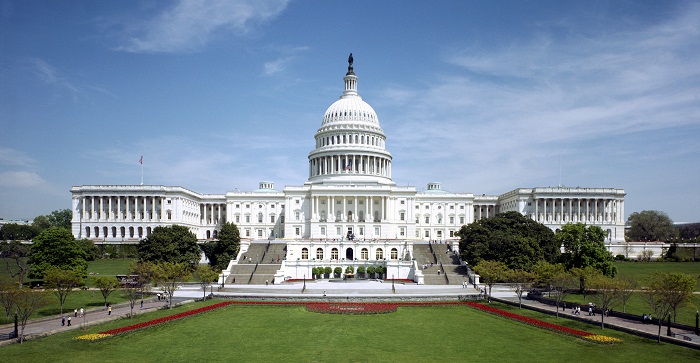Time to reconsider Internet freedom touted by U.S. - China

Not coincidentally, with its leading cyberspace technology, the U.S. "call of freedom" has been in favor of Washington.
The mass surveillance by the U.S. National Security Agency and U.S. intelligence agencies` collusion with Internet firms, as revealed by Edward Snowden, are testament to this. The U.S. obtains absolute security for itself through this narrative of "Internet freedom" that it trumpets to the world.
To this end, in 2013 the U.S. State Department and USAID awarded 25 million U.S. dollars to groups "working to advance Internet freedom -- supporting counter-censorship and secure communications technology, digital safety training, and policy and research programs for people facing Internet repression."
That funding was an addition to U.S. investment of over 100 million dollars in "innovative Internet freedom programs" globally.
The PRISM program was merely the latest example of how the U.S. benefits from its "unilateral globalism", which, ironically, has turned into "global unilateralism."
After Snowden broke his silence the U.S. "moral" position on Internet governance has been irretrievably eroded, if not destroyed.
In a post-PRISM world, more countries have woken up to the fact that the Internet should be regulated to address cyber security and digital sovereignty concerns. This is no easy task, however, as the intrinsic features of the Internet -- its diffuse nature, global reach and jurisdictional complexity -- all hinder central control and complicate the application of traditional regulatory systems.
Now is the time for political actors to restructure global Internet governance. Love it or hate it, no one can turn a blind eye to Internet governance models in emerging economies, especially in China where the online population is 668 million, more than the EU population combined.
Twenty-one years after the world`s most populous country gained access to the Internet, the Internet in China is becoming more commercially robust and innovative.
China stresses regulation and oversight in its Internet governance, underscoring "cyber sovereignty." As President Xi Jinping said, the new frontier of the Internet, though highly global, "is by no means a land beyond law."
Xi, who heads the central Internet security and informatization leading group, said in a written interview with the Wall Street Journal that the rule of law also applies to the Internet, with the need to safeguard a country`s sovereignty, security and development interests as relevant as in the real world.
The coming Second World Internet Conference, where more than 2,000 attendees from over 120 countries and regions will participate, could be the place to reconsider how to actually obtain collective Internet freedom and security.















































